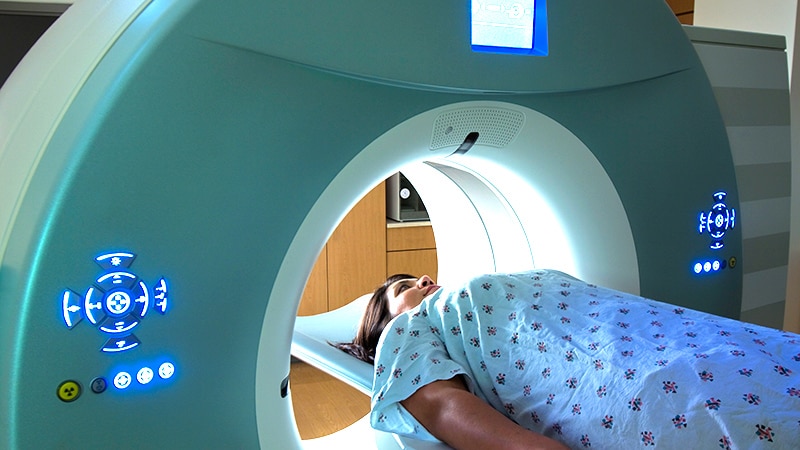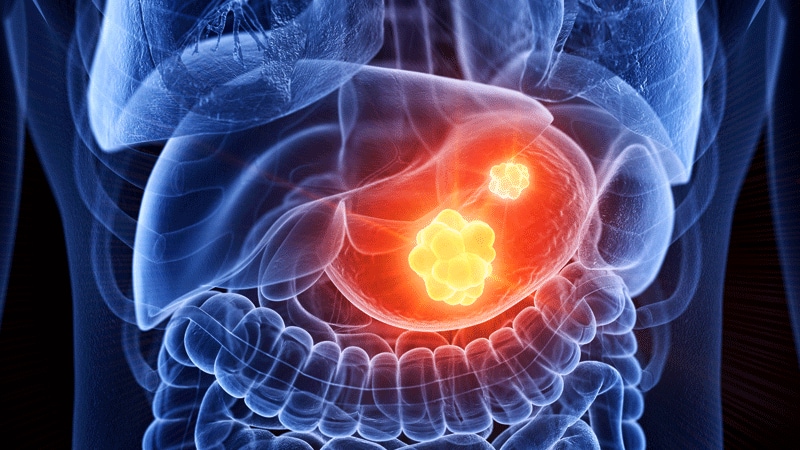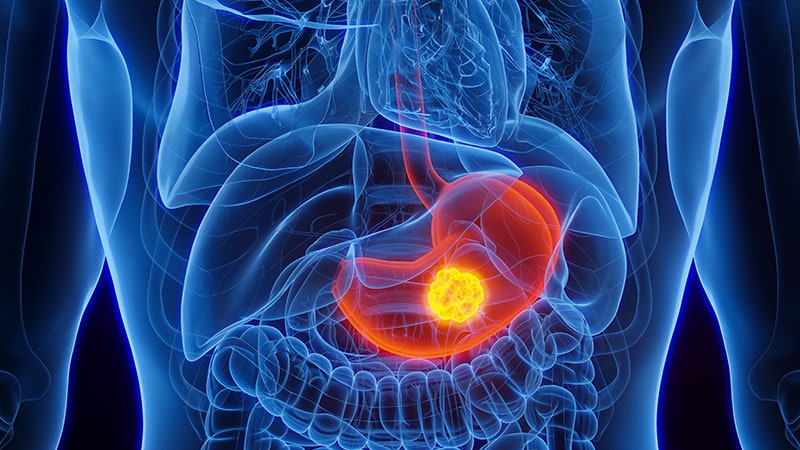Obesity and abdominal obesity specifically may be a risk factor for oesophageal adenocarcinoma and gastric cardia cancer in men, suggests a research published in PLoS One.
The study used data from 458,713 UK Biobank participants with oesophageal adenocarcinomas (n=339), oesophageal squamous cell carcinomas (124), gastric cardia (n=137) and gastric non-cardia cancers (n=92) diagnosed during a mean of 6.5 years follow-up.
Body mass index (BMI; highest vs lowest category: HR, 2.33; 95% CI 1.65-3.28), hip circumference (HR, 1.56; 95% CI, 1.15-2.13), waist circumference (HR, 2.30; 95% CI, 1.47-3.57), waist-to-hip ratio (HR, 1.71; 95% CI, 1.01-2.90), waist-to-height ratio (HR, 2.87; 95% CI, 1.88-4.38), total body fat (HR, 1.96; 95% CI, 1.30-2.96) and trunk fat (HR, 2.34; 95% CI, 1.70-3.22) were positively associated with oesophageal adenocarcinoma.
Although there were no statistically significant associations in combined sex analyses, BMI (HR, 1.83; 95% CI, 1.00-3.37), waist circumference (HR, 2.21; 95% CI, 1.27-3.84) and waist-to-hip ratio (HR, 1.92; 95% CI, 1.11-3.29) were associated with gastric cardia cancer in men. However, mutual adjustment attenuated the associations for BMI and waist-to-hip ratio.
For oesophageal squamous cell carcinoma, statistically significant inverse associations were observed among women for BMI, hip circumference, waist circumference, waist-to-height ratio, total body fat and trunk fat, although they were based on small numbers.
In addition, older age at first (HR, 0.44; 95% CI, 0.22-0.88) and last live birth (HR, 0.44; 95% CI, 0.22-0.87) were inversely associated with oesophageal squamous cell carcinoma and having a stillbirth/miscarriage/termination was positively associated (HR, 1.84; 95% CI, 1.10-3.07).
The authors say the findings for oesophageal adenocarcinoma, oesophageal squamous cell carcinoma and gastric non-cardia cancer largely agree with the data from the EPIC study, whereas the data for gastric cardia cancer was less consistent.



